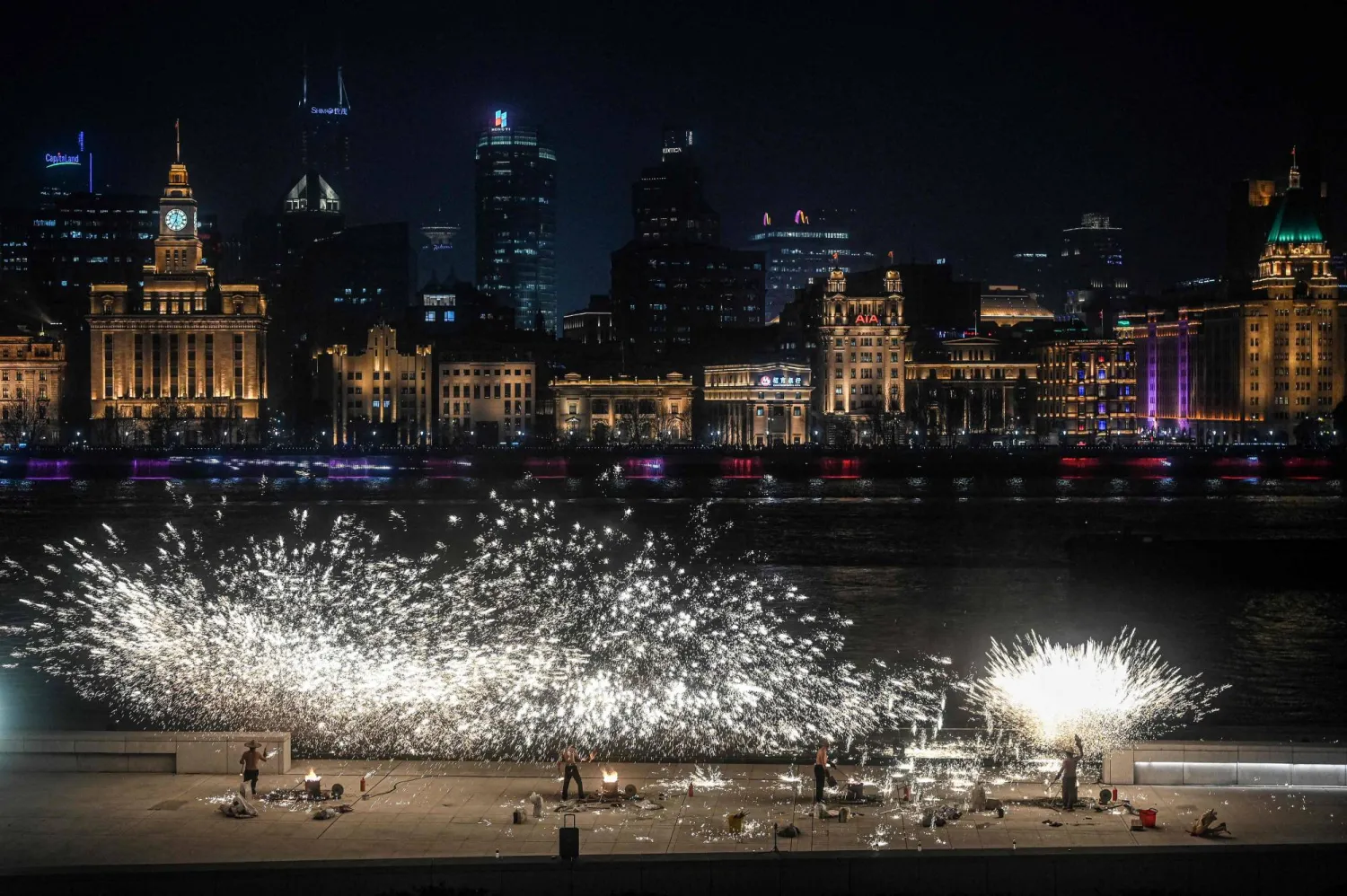The role of new technologies and how to harness them is the theme of this year’s World Arabic Language Day, which will be celebrated at UNESCO Headquarters in Paris on December 18-19, the organization has said in a statement.
The annual event will feature a concert by Iraqi oud player Naseer Shamma, it said.
Organized in cooperation with the Permanent Delegation of the Kingdom of Saudi Arabia, with the support of the Sultan Bin Abdulaziz Al-Saud Foundation, the events acknowledge the Arabic language’s immense contribution to science and culture, including philosophy and the arts.
Arabic has more than 290 million native speakers, and millions of others gaining some level of fluency.
The two-day roundtable discussions will explore the Arabic language’s relationship to science; language planning and its role in the dissemination of Arabic; language engineering and the use of new technologies in the teaching of Arabic language; as well as the future of the language, UNESCO said.
UNESCO Director-General Audrey Azoulay and Prince Saud Bin Sultan Bin Abdulaziz Al Saud, Deputy Secretary-General of the Sultan Bin Abdulaziz Al-Saud Foundation, will open the event.
Other speakers include Dr. Sultan bin Mohammed Al-Qasimi, Ruler of Sharjah, President of the Arabic Language Academy in Sharjah (United Arab Emirates); Dr. Saud Hilal Al Harbi, Director-General of the Arab Organization for Education, Culture and Science (ALECSO); and Lebanese Culture Minister Ghattas Khoury, as well as other renowned experts, academics, high-level representatives of international organizations and specialized institutions.
Shamma, renowned Iraqi composer, oud virtuoso and UNESCO Artist for Peace, will also perform an Oriental Jazz concert at UNESCO Headquarters in Paris, on December 19. He will be accompanied by Amine Bouhafa (Piano), Tunisian multi-awarded composer, orchestrator and musical director; Jorge Bezeera (Percussion), internationally renowned Brazilian percussionist; and Ali Shaker (Zither), Iraqi Zither player.
This celebration also resonates with the International Decade for the Rapprochement of Cultures (2013-2022), for which UNESCO is the lead UN Agency.
Arabic is a very diverse language, with numerous dialects. It has deep historical connections to other languages, many of which use or have historically used the Arabic alphabet.









